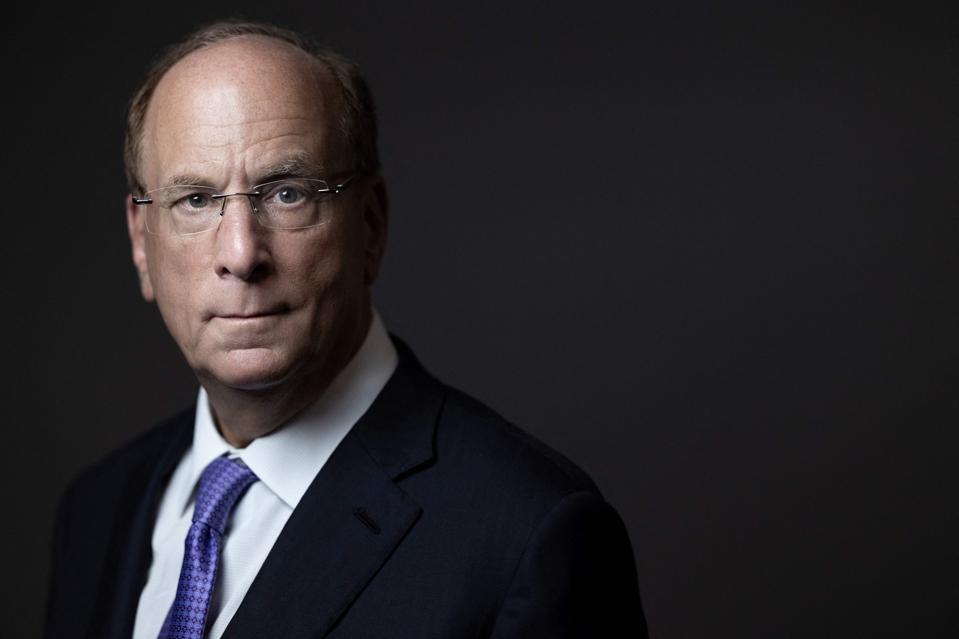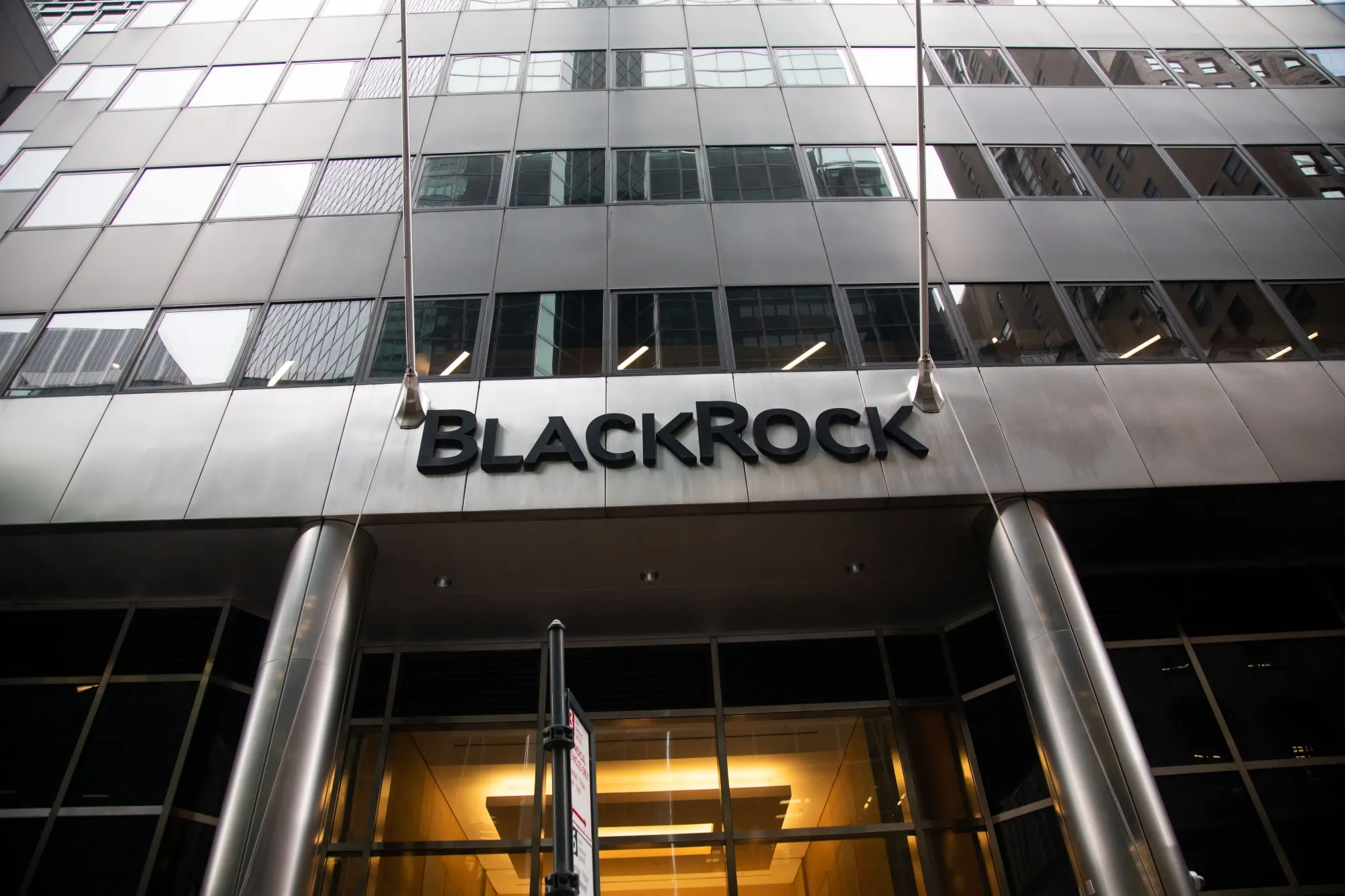BlackRock, the world’s largest asset management firm, has quietly amassed unprecedented power over the global financial system, controlling trillions in assets and influencing markets, governments, and corporations with a reach that rivals nation-states. From its humble beginnings in 1988 to its dominance in 2025, BlackRock’s ascent is a story of ambition, innovation, and a chilling concentration of influence that raises questions about unchecked corporate power. At CGN Network, we’re pulling back the curtain on how this Wall Street behemoth rose to the top—and why its dominance should alarm every American who values freedom and accountability.
Humble Beginnings: A Startup with a Vision
BlackRock was founded in 1988 by eight individuals—led by Larry Fink, a former First Boston executive—in a single room in New York City. As detailed on BlackRock.com, the firm started with a simple mission: to manage assets in a way that prioritized clients’ needs and minimized risk, leveraging Fink’s expertise in mortgage-backed securities. The timing couldn’t have been better. The late 1980s saw a boom in institutional investing, and BlackRock capitalized on the growing demand for sophisticated risk management tools, particularly after the 1987 stock market crash exposed vulnerabilities in traditional finance.
BlackRock’s early success hinged on its proprietary Aladdin system, a risk-management software launched in 1999. Aladdin, described by The Financial Times as “the brain of BlackRock,” allowed the firm to analyze massive datasets, optimize portfolios, and advise clients with unparalleled precision. By 2000, BlackRock had $165 billion in assets under management (AUM), a testament to its innovative approach and growing reputation among pension funds, insurers, and sovereign wealth funds. This technological edge, combined with Fink’s vision, laid the foundation for BlackRock’s global expansion.

The Barclays Deal: A Quantum Leap
BlackRock’s trajectory shifted dramatically in 2009, when it acquired Barclays Global Investors (BGI) for $13.5 billion. BGI, the world’s largest provider of exchange-traded funds (ETFs) and index funds, brought BlackRock’s AUM to a staggering $3.3 trillion overnight, making it the largest asset manager on the planet, as reported by Bloomberg. The deal, finalized during the 2008 financial crisis, also gave BlackRock control of iShares, its now-iconic ETF brand, which dominates passive investing. This acquisition wasn’t just a financial coup—it was a strategic masterstroke, positioning BlackRock as a one-stop shop for both active and passive investment strategies, from hedge funds to retirement accounts.
The Barclays deal also deepened BlackRock’s influence over global markets. By managing massive index funds tied to benchmarks like the S&P 500, BlackRock became a passive investor in thousands of companies, holding significant stakes in giants like Apple, Amazon, and ExxonMobil. As The New York Times noted in 2015, this gave BlackRock “a say in virtually every major corporation,” with its voting power on shareholder resolutions shaping corporate governance worldwide. Critics, however, began to warn of a “BlackRock effect”—a concentration of power that could stifle competition and create systemic risks.
The 2010s: Dominance and Controversy
By 2015, BlackRock’s AUM surpassed $4.7 trillion, fueled by a bull market, low interest rates, and the shift toward passive investing. Fink, now a Wall Street titan, expanded BlackRock’s footprint into private equity, real estate, and infrastructure, while Aladdin evolved into a $1 billion business, licensing its technology to other financial institutions, as Reuters reported in 2018. BlackRock also became a key player in central bank relationships, advising the Federal Reserve during the 2008 crisis and managing assets for governments like Japan and Saudi Arabia.
But this rise to power wasn’t without controversy. In 2017, The Guardian published an exposé accusing BlackRock of exacerbating inequality by prioritizing corporate profits over workers’ rights, pointing to its investments in fossil fuels and low-wage industries. Activists criticized BlackRock’s role in the opioid crisis, with its holdings in Purdue Pharma and other pharmaceutical companies drawing scrutiny, as detailed in a 2020 ProPublica report. Fink’s public advocacy for climate action—launching BlackRock’s “net-zero” initiative in 2020—also raised eyebrows, with skeptics like The American Conservative arguing it was a PR move to deflect criticism while maintaining investments in oil and gas.
BlackRock’s influence over corporate America grew even more pronounced. By 2020, it held over 7% of the S&P 500’s total market cap, making it the largest shareholder in companies like Coca-Cola, Microsoft, and Pfizer, according to CNN Business. Its annual shareholder letters, penned by Fink, increasingly pushed environmental, social, and governance (ESG) criteria, but critics accused BlackRock of using ESG as a tool to consolidate power, forcing companies to align with its agenda while ignoring small investors and rural communities.
The 2020s: Unprecedented Power and Pushback
By 2025, BlackRock manages a staggering $10.5 trillion in AUM, dwarfing competitors like Vanguard ($8.6 trillion) and State Street ($4.1 trillion), per Bloomberg data. Its dominance extends beyond finance, with Fink wielding influence over global policy. During the COVID-19 pandemic, BlackRock advised the Fed on its bond-buying programs, raising concerns about conflicts of interest, as The Wall Street Journal reported in 2021. In 2023, BlackRock’s private equity arm, BlackRock Private Equity Partners, invested heavily in renewable energy and AI, positioning it as a kingmaker in the green transition and tech boom.
But this unchecked power has sparked a backlash. Republican lawmakers, including Senator Marco Rubio (R-FL), have accused BlackRock of “woke capitalism,” claiming its ESG push undermines American energy independence and favors globalist agendas over national interests, as detailed in a 2024 Fox Business interview. In 2022, 19 Republican attorneys general launched an investigation into BlackRock’s ESG practices, citing potential antitrust violations and harm to fossil fuel states, per The Hill. Critics like The American Thinker argue BlackRock’s influence over 75% of U.S. public companies gives it a “shadow government” role, eroding free markets and democratic accountability.
Public sentiment, amplified on X and conservative forums, echoes this frustration. “BlackRock owns everything—stocks, homes, energy—and Larry Fink acts like he’s our unelected president,” one user tweeted in 2024, garnering 15,000 likes. A 2023 YouGov poll found 62% of Americans were concerned about large asset managers’ influence, with BlackRock topping the list. In response, BlackRock has faced calls for divestment, with states like Texas and Florida pulling pension funds, as reported by Reuters in 2024.
The BlackRock Effect: A Threat to Freedom?
BlackRock’s rise to power isn’t just a financial story—it’s a political and cultural one. Its control over trillions in assets gives it leverage over corporations, governments, and everyday Americans’ retirement savings, retirement funds, and 401(k)s. The New Yorker warned in 2021 that BlackRock’s dominance poses systemic risks, with its size potentially destabilizing markets if it falters. Yet, its lobbying power—spending $14.5 million in 2023 alone, per OpenSecrets.org—ensures it remains untouchable, shaping regulations in its favor.
